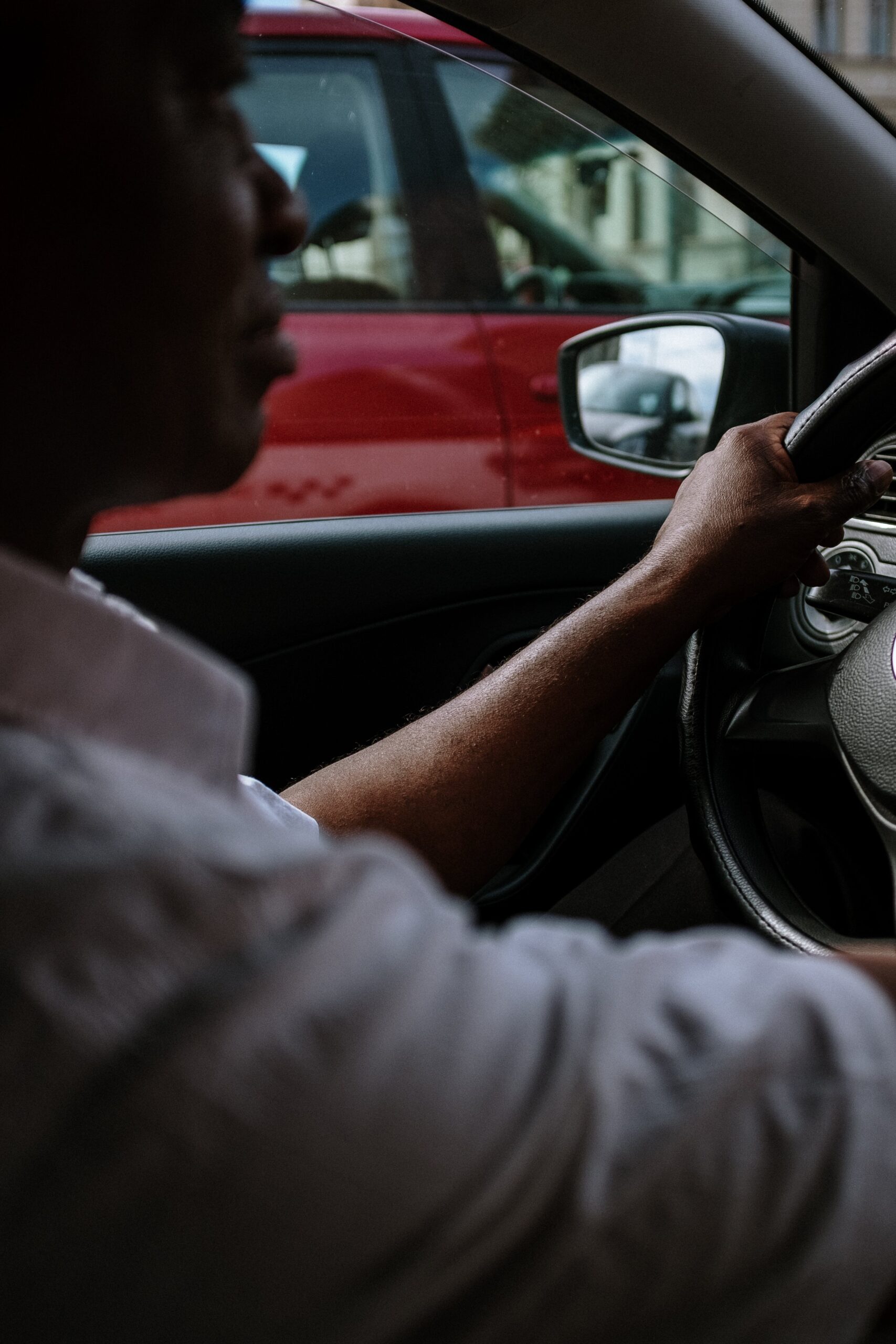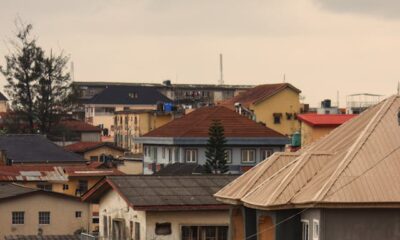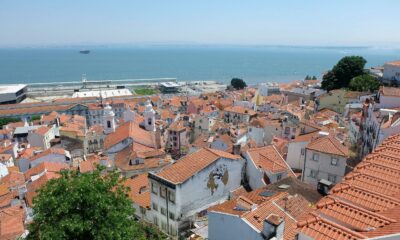Features
Ahmad Adedimeji Amobi: The Tale of An Uber Driver in Lagos

When my ride arrived, I made to get out of the hotel as quickly as I could. I put my laptop in the bag and just as I was heading out, the receptionist pointed that I had forgotten my pen. I have been doing a lot of documenting since I arrived in Lagos for my workplace’s retreat and as events unfold. I have been spending more though, but I don’t regret it. The driver smiled as I entered the car. He was an elderly man and when he spoke, the English language was smooth on his tongue. As he drove out of the hotel into the main street, he asked, “To where, sir?”
I wanted to say, sarcastically, “Follow the address I input in the map,” but he was too kind and welcoming to be disrespected. I read him the address and he responded with another smile. “Use your seat belt,” he said as we moved. I started a conversation by complaining about Lagos’s structure and how it’s never changing soon. He asked if this was my first time in Lagos and I responded that I had been here a few times. “Lagos is exciting, but whatever you make here ends here. It takes a lot of years to share elsewhere,” he said. I cannot speak for everyone, but some of my friends often complain about the high cost of living in Lagos. However, as the saying goes, building wealth takes time. No matter where you live, it would take years of hard work and dedication to achieve financial stability and be in a position to share your wealth with others.
I asked him how long he had been an Uber driver. He squinted his eyes and tilted his head to the side before responding. “About 4 years now. I started post-COVID.” He was working at a financial institution and was living a good life before COVID-19 happened in 2020. When the pandemic dwindled and it was time to resume work, his office laid him off. For a while, he was confused about what to do.
“You see, when your life is attached to work, it takes a lot of struggle to detach yourself from it. I was already tired of the pandemic and was ready to resume work. When I got the letter, I didn’t just know what to do.”
So he bought a car and wanted to rent it out to someone for pickup business. A day after he bought the car, people around him asked, “Now that you bought a car and want to give it out, what would you, the owner, be doing?” He decided to start the business himself. But he’s known to a lot of people, he said. “If I come out of this car and stand there, I will see some people that know me.” Which is why he requested to not use his full name when I told him I’d love to write about him.
“I really loved my job. But I have children and I have to take care of them.” One of his children is a final-year student at Ambrose Ali University and the other is in his penultimate level at Ekiti State University. “I sponsor them with this Uber money.” He had worked at the financial institution for fifteen years before he was laid off. As he narrated his story, I observed his voice and stared at his face and throat to see whether he regretted what his life had become but there was none.
“I am someone who hates begging people for money or seeking help. I was laid off with a couple of friends and some of them are dead or are still trying to get their life back together. My life is not as it was, but I picked up.” In a day, he could go 6 to 10 rides on drops. But on some days he’s fully hired by someone, he might take just three trips. To observe his health and avoid heavy Lagos traffic, he starts his ride by 9 a.m. and closes by 4 or 5 p.m.
I asked how he was coping with the high fuel cost. He said, “What this thing has caused is that everyone is now affected. I know some people are rich but you see people who have simple life like you, it’s affecting you. Now everything you buy is expensive. And this makes it hard for me, as a driver, to ask for tips from anyone. Now we pity each other, both the driver and the person who orders the ride. But we have to live anyway.”
We settled in silence after his sentence. Now, we were in traffic but Molue buses and some cars zoomed past us. I wanted him to go along with the buses and cars but there were others like him queuing in the traffic. So the silence continued until he said, “See them. That road is for BRT only o. If they catch them, that’s about N70,000 Naira penalty.” I sighed and wondered whether he was listening to my thoughts. As we took the last turn to Shomolu, I made the payment for the trip and waved him goodbye when he dropped me off. The man would never know how much his story inspired me.
***
Featured Image by Cottonbro Studio for Pexels





















